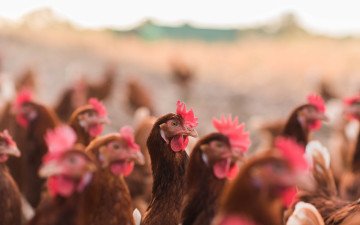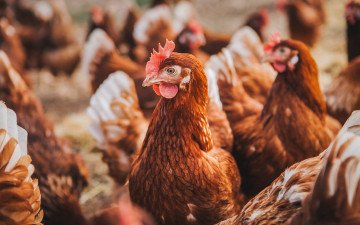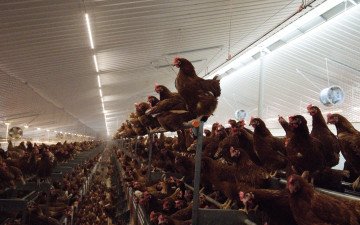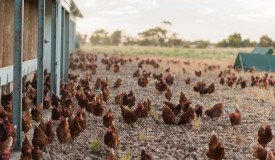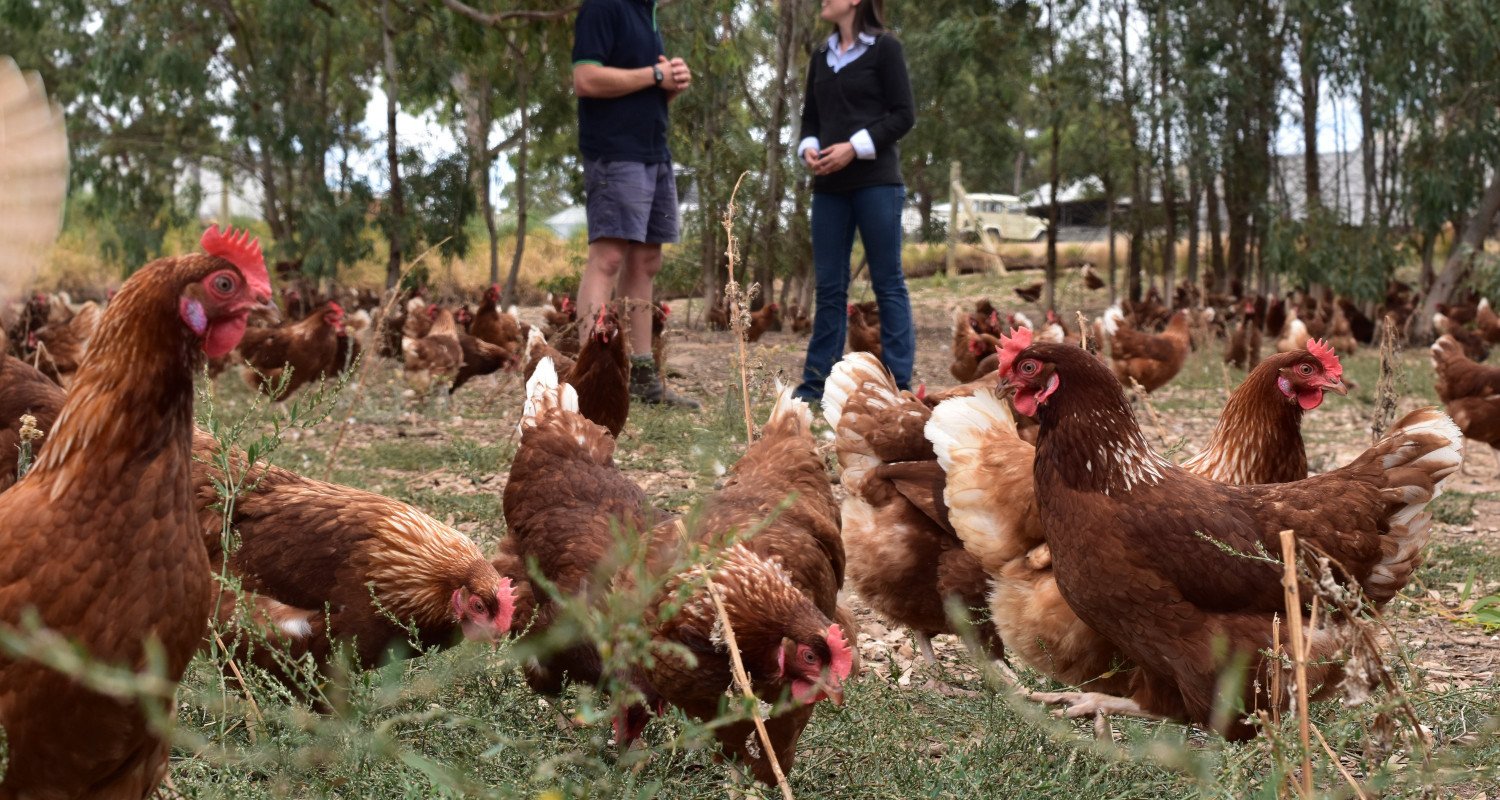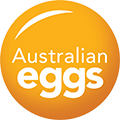
Leading Research: in Animal Welfare
Animal Welfare refers to the protection of the health and well-being of animals. It concerns how an animal is coping in its living environment in terms of freedom from hunger and thirst, fear and distress, discomfort, pain injury or disease, and the freedom to express natural behaviours.
Hen welfare is critical for an efficient and sustainable egg farming business. Improving hen health and welfare represents an important opportunity for productivity gains in each egg production system and to ensure that management practices align with consumer expectations.
The investment in hen welfare RD&E means that animal husbandry on-farm is supported by robust, replicated and peer reviewed science, with key research outcomes regarding best management practice being communicated to all stakeholders.
It is intended that outcomes will be animal welfare gains, productivity improvements and the ongoing sustainability of Australian’s egg industry.
Key Resources
Current Research

Phenotypic and genotypic profiles of hens that pile
This project will provide information to reduce piling and smothering through short- and long-term strategies, which will improve productivity and bird welfare. The project led by University of Melbourne and in partnership with University of Bern and a major breeding company, is part of a larger international project “HenTrack”.

Monitoring hen health with machine vision on free range farms
This project will develop a proof-of-concept machine vision system with the capability to detect abnormal flock appearance and behaviour, that would indicate poor animal health or welfare.
Non-invasive technology for gender determination of fertilised chicken eggs
Using an optical technique, researchers will be working on developing a device that can automatically determine the gender of chicken eggs. If the project is successful, the result will be a desktop device suitable for hatcheries.
Completed Research

Evaluation of energy usage and ventilation performance of tunnel ventilated layer sheds
Due to increasing pressures on operating margins within the Australian egg industry, this study investigated the energy usage and ventilation systems in cage egg sheds.Optimising electricity usage is an important factor in improving the bottom line of egg production systems.
Importance of rearing environment, space and nests for laying hens in cages
Improved welfare assessment of laying hens in cages through better knowledge and understanding of the importance of space and nests in cages
Non-invasive assessment of stress in commercial housing systems
Industry information on the relative effects of production system on physiological stress indicators delivered
The importance of nests for the welfare of laying hens
As the majority of hens in Australia are housed in cages, which is a controversial animal welfare issue for the egg industry, an analysis of nest boxes and their use by laying hens is an important aspect of understanding the effect on bird welfare, behaviour, and ultimately, egg production.
Projects you might find interesting

Hen ranging behaviour in relation to light and UV intensity
This project found that free range hens will avoid times of peak sun intensity and thus may not range as much during the summer months.
 >
> 



